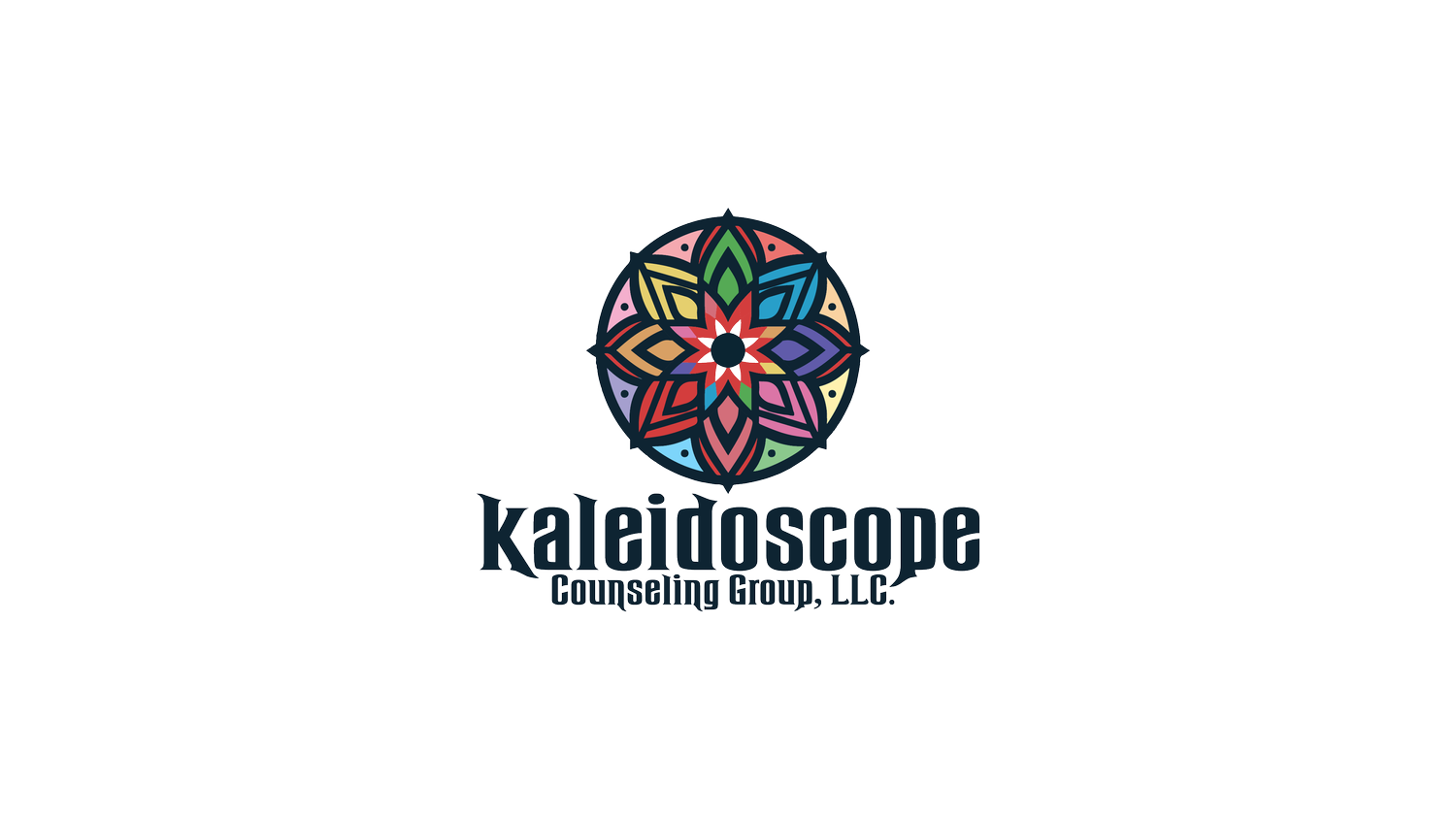Why Do I Feel Unsafe with Other People as a Survivor of Trauma?
Understanding Fear and Safety
As a survivor of trauma, feelings of fear and a lack of safety are common responses. When the mind and body have been violated, boundaries crossed without consent, and extraordinary traumatic events such as abuse, neglect, or sudden loss have occurred, it's natural to feel on edge.
Trauma often manifests physically; the body keeps the score, leading to somatic reactions such as tension, pain, fatigue, and emotional armoring. This fear is not just a mental experience but also a physical one, emphasizing the need for trauma-informed therapy to cultivate a deeper sense of safety in both the mind and body.
Common Fears Experienced by Trauma Survivors
Survivors may experience a wide range of fears, including:
Fear of close relationships, especially as trust develops.
Fear of abandonment.
Fear of people and social situations, including crowds.
Fear of new experiences.
Fear of going outside.
Fear of emotional or physical rejection.
Fear of being abused or hurt.
Fear of being blamed, yelled at, or shamed.
Thoughts That Reflect Ongoing Trauma
When someone is still processing their trauma, they might hold onto the following beliefs:
“The world is a dangerous place.”
“People will always try to harm me.”
“There’s nowhere safe.”
“I will never be hurt by others.”
“Most people will hurt me if they can.”
“I cannot protect myself from harm.”
Thoughts That Emerge Through Healing
As trauma is processed, survivors can begin to reframe their beliefs:
“Some people may be dangerous, but not everyone is out to harm me.”
“While some individuals may try to hurt me, I can take precautions to protect myself.”
Understanding Hypervigilance
Hypervigilance is a state of heightened awareness where individuals are constantly on guard for potential danger, even when the actual risk is low. Symptoms of hypervigilance can include:
Sweating and a racing heart.
A sense of restlessness or being on edge.
Scanning the environment for danger.
Reading facial and vocal cues.
Feelings of anger, frustration, or irritability.
Being easily startled or jumpy.
Strategies to Feel Safer
Educate Yourself: Learn about the nervous system and trauma through books, podcasts, and articles. Topics to explore include:
Neuroception
Interoception
Window of Tolerance
Autonomic Nervous System
Dysregulation
Fight, flight, freeze, fright, and fawn responses
Befriend Your Nervous System:
Name your feelings and sensations (“name it to tame it”).
Locate your feelings within your body (visualize an outline and mark where you feel sensations).
Practice grounding techniques when feeling overwhelmed, such as deep breathing or the 5-4-3-2-1 technique.
Practice Consistency: Regularly engage in the above techniques. At first, they may feel clunky or unnatural, but over time, they will become easier and more instinctive.
Examine Your Beliefs: Reflect on the narratives you tell yourself. Are they helpful or harmful? Do they support adaptive survival or thriving?
Be Patient and Compassionate: Healing takes time. Approach yourself with kindness rather than judgment or criticism.
Engage in Somatic Practices: Incorporate daily practices that connect your body and mind, such as yoga, stretching, mindful walking, meditation, or breathwork.
Share Your Inner World: Start small by opening up to trusted friends or family members about your experiences.
Seek Professional Support: Consider joining a support group or working with a licensed therapist who specializes in trauma.
At KCG, we support individuals in understanding and overcoming the effects of childhood trauma. Explore our resources and services to begin your journey toward healing.
Unlock valuable insights into how your attachment style and potential PTSD may be influencing your relationships and overall well-being. Take our free assessments to explore both your attachment style and whether PTSD might be affecting you. This is a powerful step toward healing, growth, and building stronger connections. No matter your circumstances, we believe every individual and relationship has the potential to thrive. Let us guide you toward a more fulfilling life, with personalized strategies for mental peace and emotional health. You can start your journey today.
By taking these steps, you can gradually build a healthier sense of self-esteem and improve your overall well-being.

